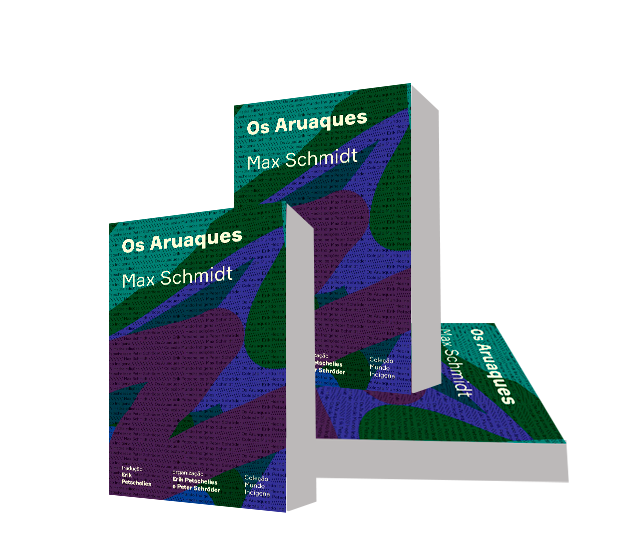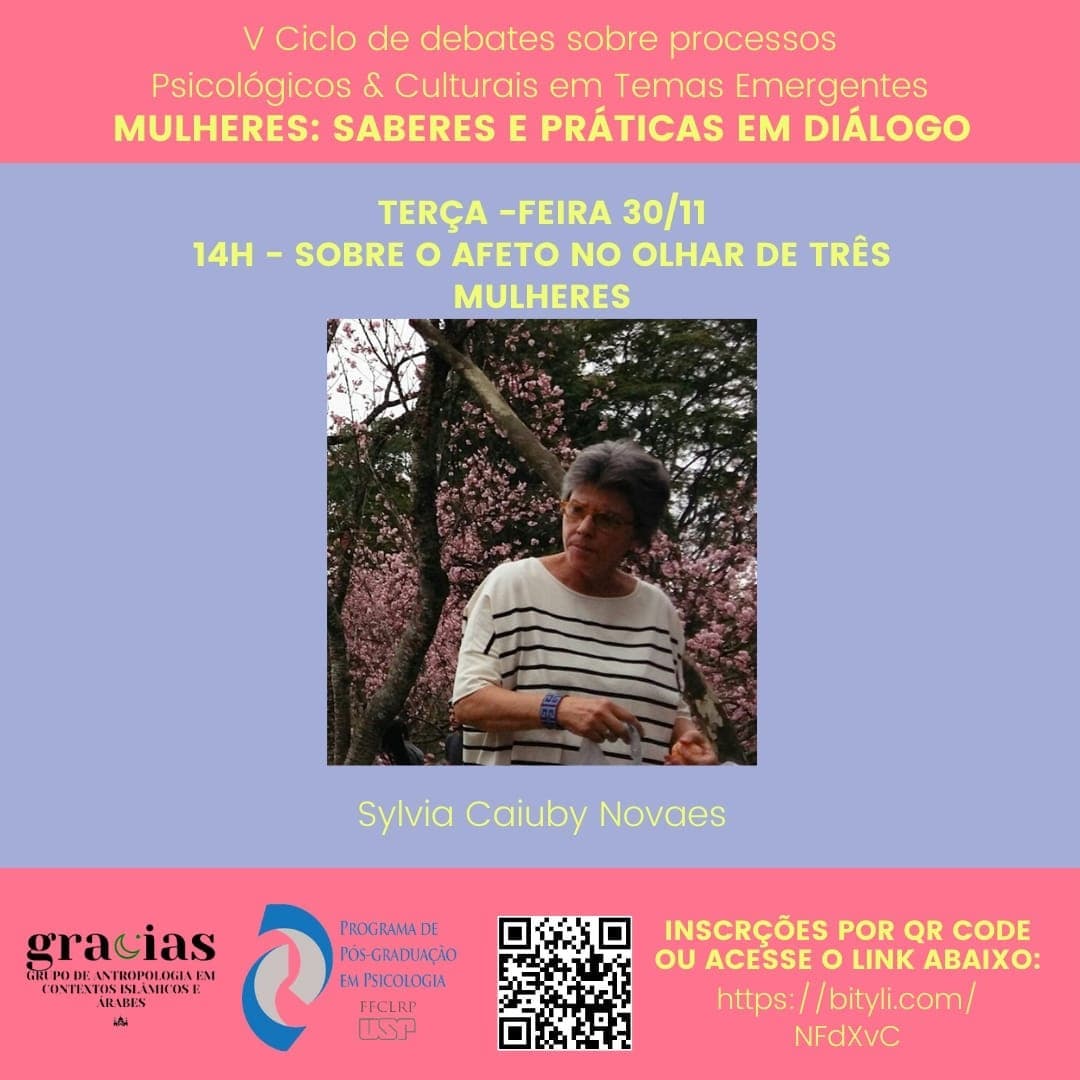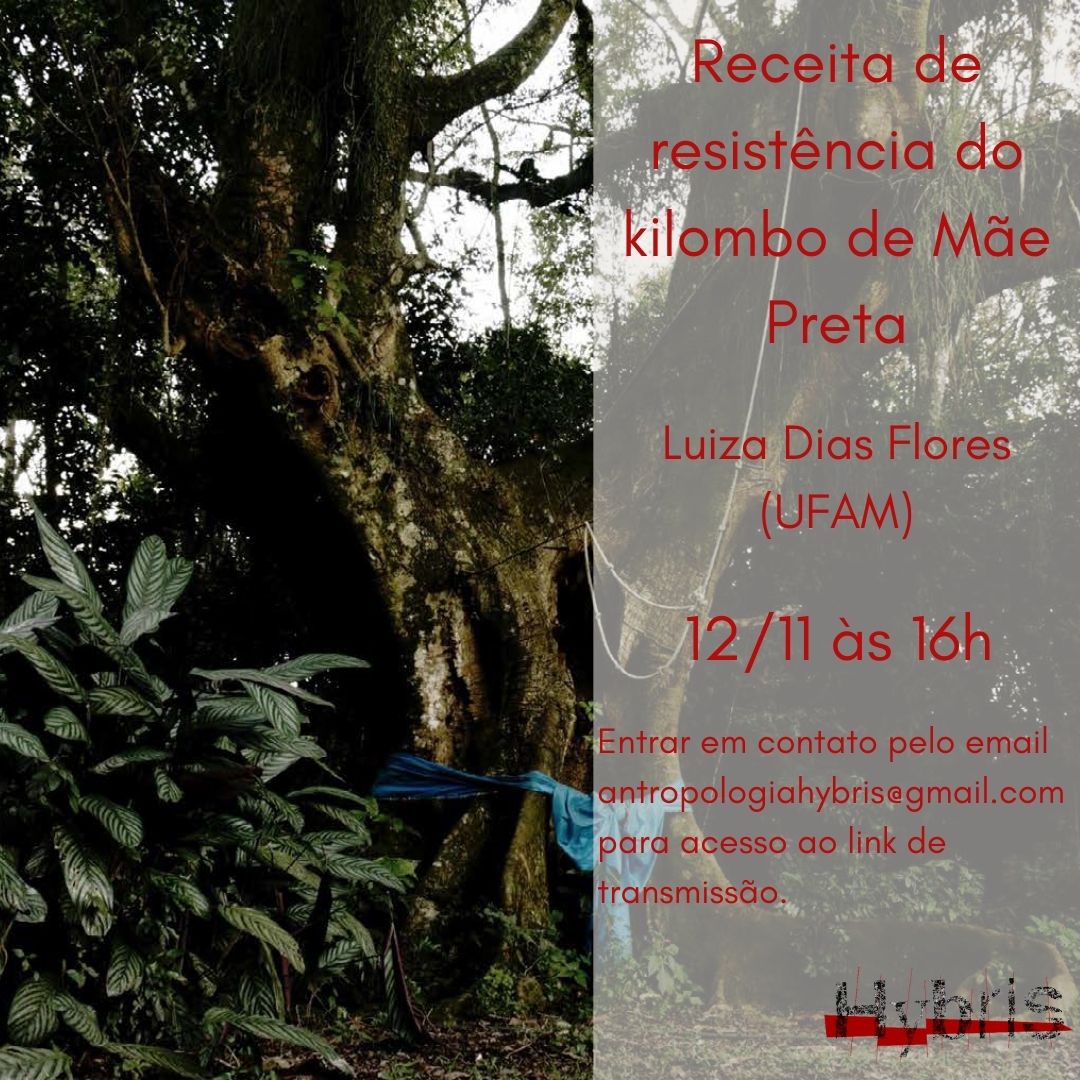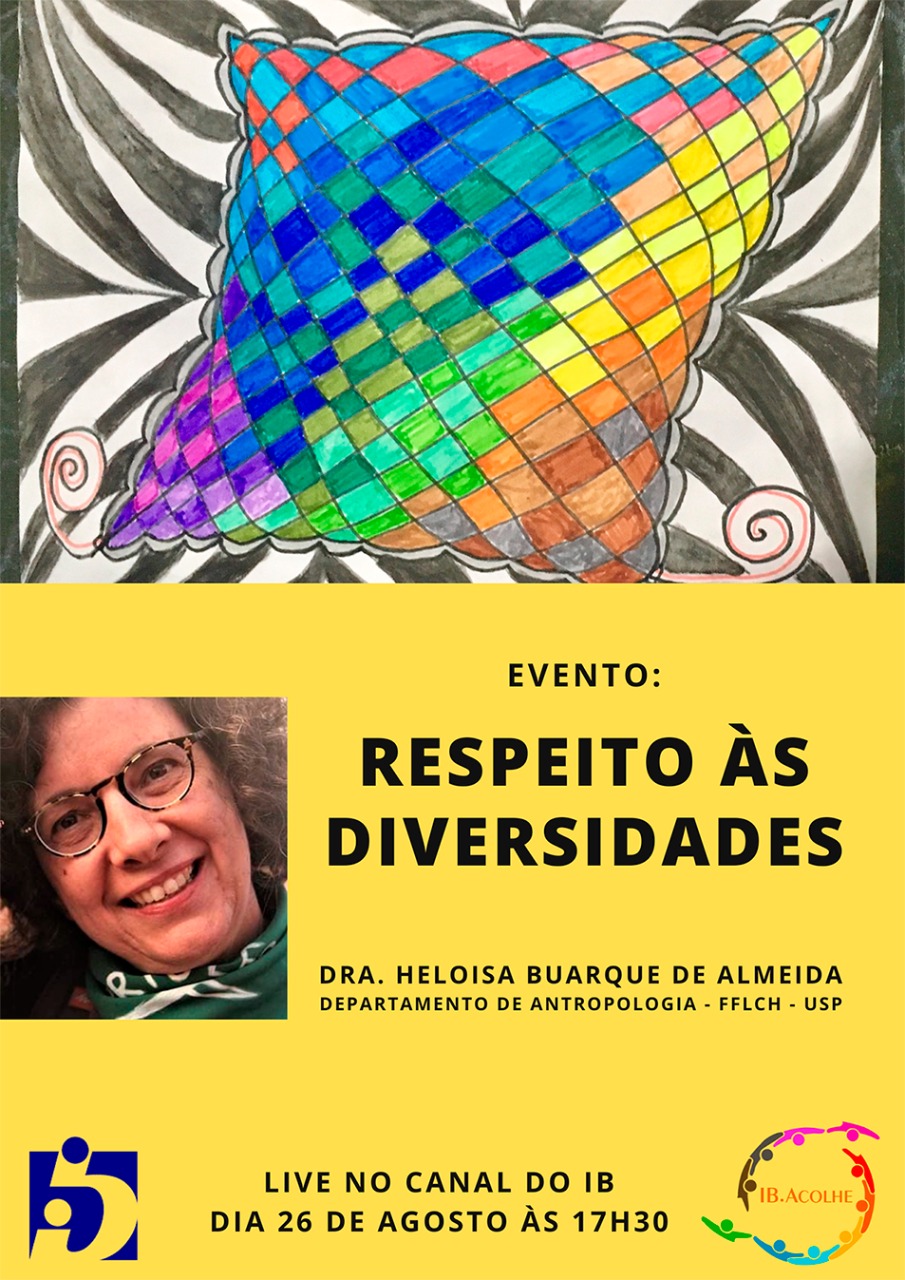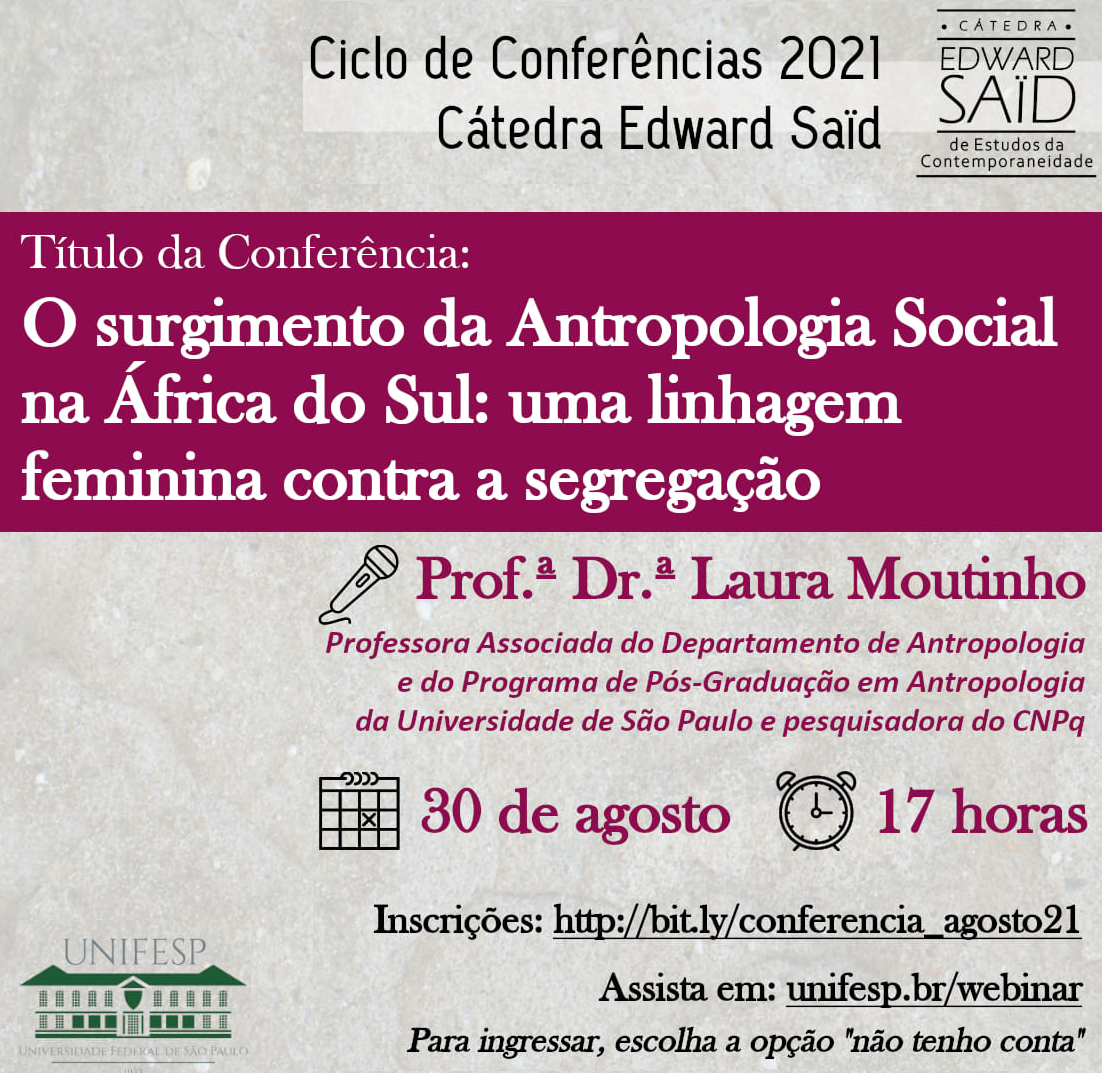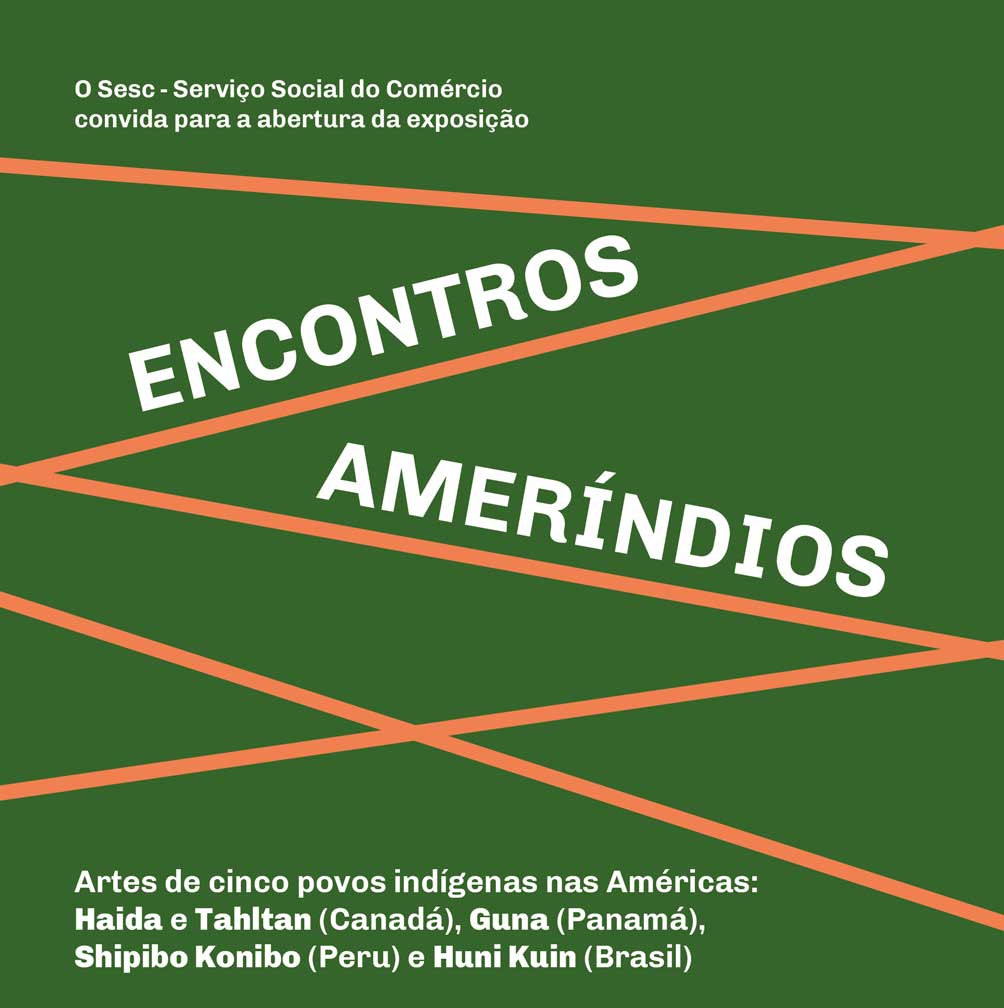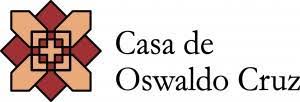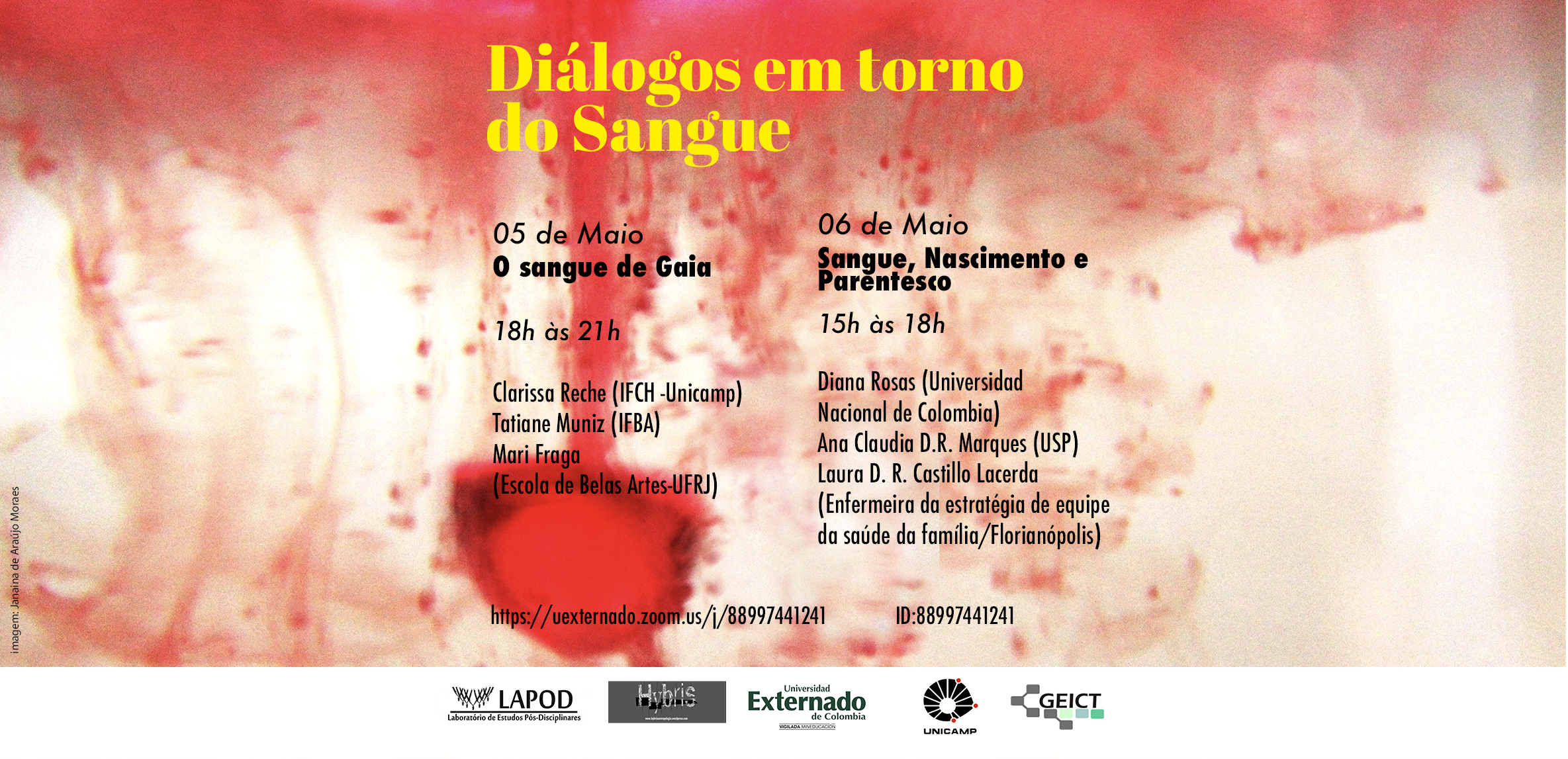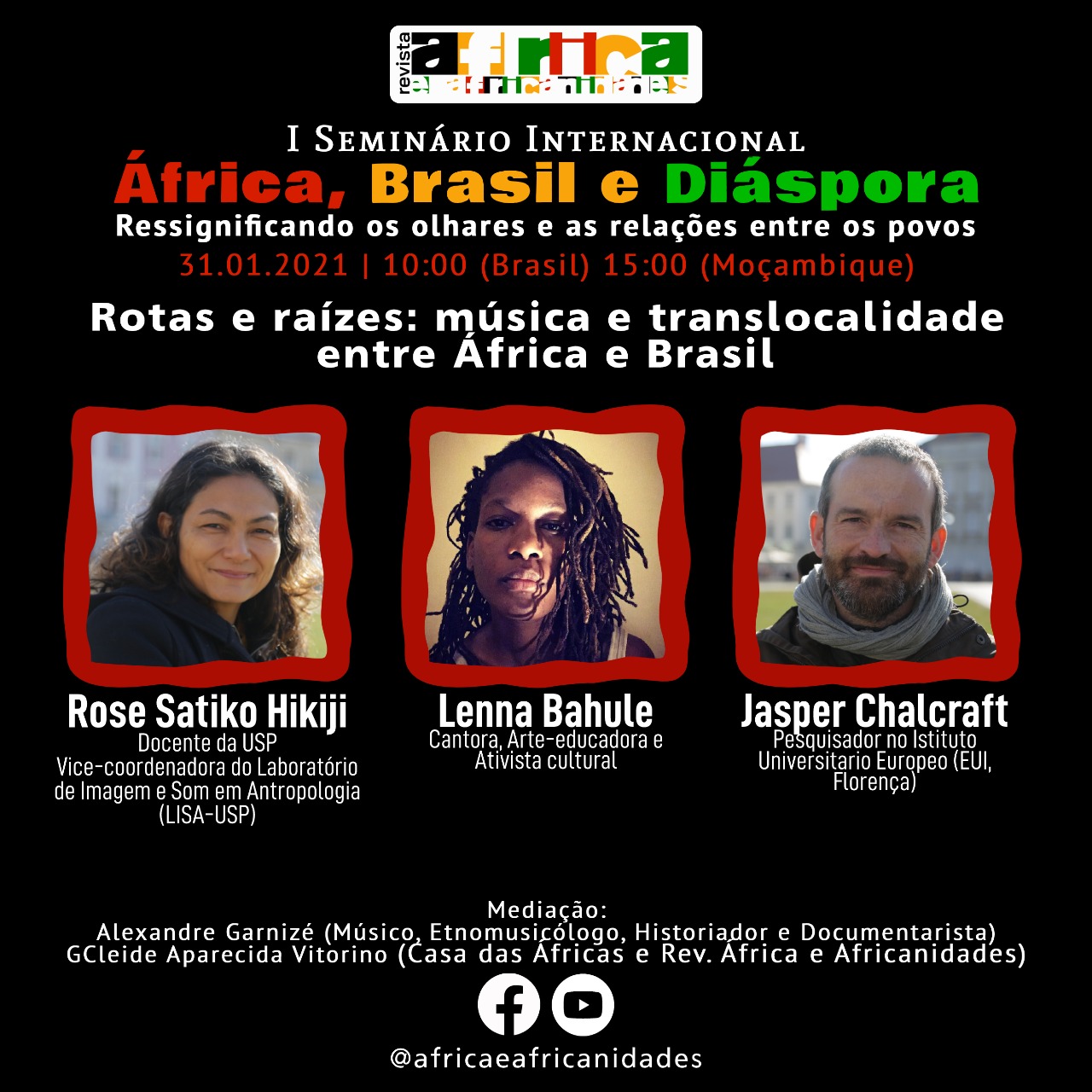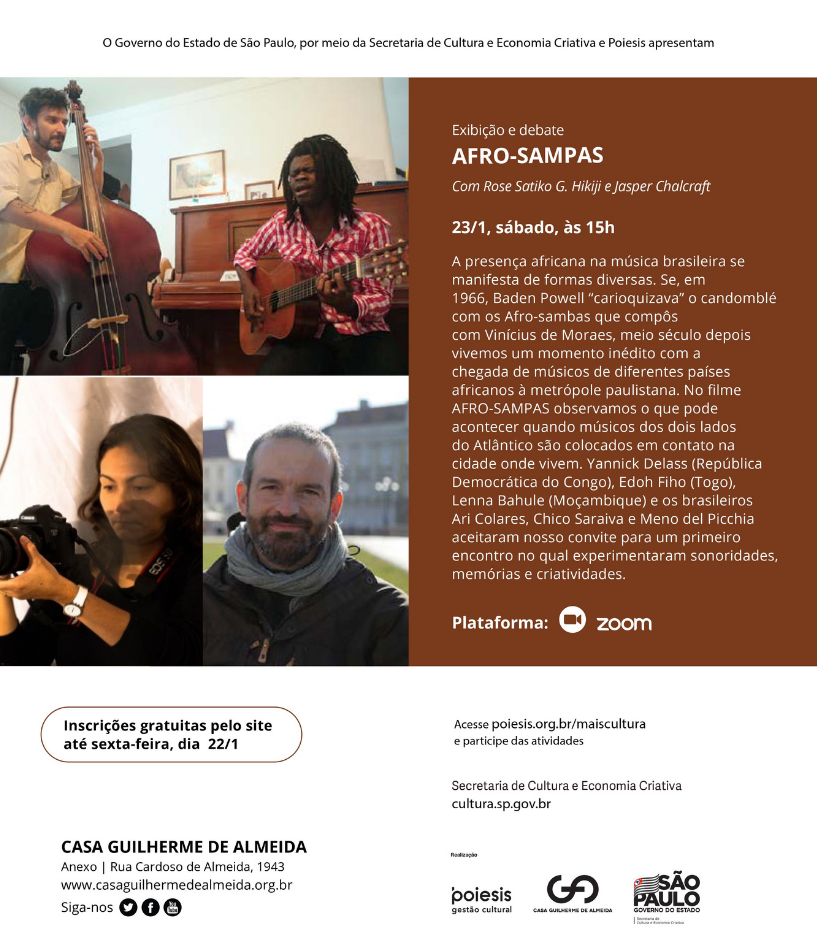Related Events History
http://observamus.com.br/index.php/arauaques/
Max Schmidt (1874-1950) dedicated his life to study the South American indigenous peoples. Despite his great contribution to the study of the cultures and history of these peoples, his work is still little known in Brazil. He is the author of the classic Os Aruaques, originally published in 1917, a book that to this day occupies the place of one of the most original and important studies of South American ethnology.
Written at the beginning of the last century, during the period of the First World War, Os Arauaques was originally produced as Schmidt's doctoral thesis and the ideas presented there mark the knowledge about these and other peoples since then.
Schmidt carried out three expeditions in Central Brazil and Paraguay (1900, 1910, 1926-28) and is considered one of the most important characters in the German tradition in Americanist ethnology in the 20th century. He emigrated from Germany in 1929, first to Brazil and then to Paraguay, where he died near Asuncion in 1950.
This year the V Cycle of Debates on Psychological Processes & Cultural in Emerging Themes, from GRACIAS and the Graduate Program in Psychology at FFCLRP - USP, will be opened by Sylvia Caiuby Novaes - "ABOUT THE AFFECTION IN THE EYES OF THREE WOMEN" , Sylvia is a full professor in the field of Image Anthropology at the University of São Paulo (2010), where he has been teaching since 1974. Bachelor and degree in Social Sciences from the University of São Paulo (1971), she also defended her Master's in Social Anthropology (1980), doctorate at USP ( 1990) and professorship (2006). He completed his post doctorate studies at the University of Manchester (England) and at the University of Saint Andrews (Scotland). She was Visiting Professor at the Musée du quai Branly (France) and at the University of Oxford (England). She founded LISA - Laboratory of Image and Sound in Anthropology, under her coordination between 1990-2014 and since 2016. She was the main coordinator of three thematic projects financed by FAPESP. (1997-2002; 2003-2007; 2010-2015). He works in the field of Anthropology, with an emphasis on Anthropology of Expressive Forms, Anthropology of Image and Indigenous Ethnology.
Hybris event, with Luiza Dias Flores (PhD in Anthropology and professor of Anthropology at UFAM).
Contact us by email antropologiahybris@gmail.com to access the transmission link.
This speech by Professor Heloisa Buarque de Almeida takes up an overview of the issues and aggressions related to gender, race, sexuality and class that affect academic life, based on data from her experience at USP as a professor, active in the Non-Cala USP Network and involved with human rights issues. Information and withdrawals from the research "Interactions at USP" are also indicated in this speech, at the invitation of the committee "Welcomes IB".
Access link: https://www.youtube.com/watch?v=s7CPb1EcFMM
The first British Commonwealth Chair in Social Anthropology was inaugurated at the University of Cavo City, University of Cape Town (UCT), by the British anthropologist Alfred Radcliffe-Brown, in 1921. Situated in South Africa prior to apartheid, it emerged in opposition to the regime racist exception established in 1948. The objective of the conference is to give intelligibility to social and power relations immersed in a complex geopolitical fabric, beyond the colony/metropolis duality, which reconfigures the issues of segregation, race and gender, in a time and specific spaces, conforming the boundaries of the anthropology then practiced.
Registration: http://bit.ly/conferencia_agosto21
Watch in: unifesp.br/webinar
Sesc - Social Service of Commerce invites for the opening of the exhibition Encontros Ameríndios.
Opening Online Event
July 31, 2021, 3 pm, via youtube.com/sescvilamariana channel
With Sylvia Caiuby Novaes (designer and coordinator of the exhibition project), Marina Herrero (indigenist) and Els Lagrou (researcher)
Mediation: Tatiana Amaral (Technical Assistant at Gepros - Studies and Social Programs Management at Sesc São Paulo)
Translated into LIBRAS
Sesc Vila Mariana presents the exhibition Encontros Ameríndios, from 7/31/21 to 2/13/22, coordinated by Sylvia Caiuby Novaes and curated by Aristoteles Barcelos Neto, with the proposal to explore dialogic possibilities based on the encounter among the arts of the Haida and Tahltan peoples (Canada), Guna (Panama), Shipibo Konibo (Peru) and Huni Kuin (Brazil).
Event (8 to 9/7/2021) under the co-organization of Juliana Manzoni Cavalcanti, postdoctoral student at DA-USP: https://campusvirtual.fiocruz.br/portal/?q=evento/60791
Dear colleagues,
Due to the serious events that have taken place in Colombia since last week, which culminated in strikes and violent repressions in the last few days, we decided to postpone our event, which counted on the participation of several Colombian anthropological colleagues and with the institutional support of Universidad Externado de Colombia . In this way, our decision is based primarily on respect and solidarity for what our Colombian colleagues are going through and on support, in a general way for students, academics and other Colombian citizens.
We also inform you that the tables will be transferred to the 26th and 27th of May and we count on the help of all of you to publicize this postponement carried out in an urgent manner.
Thank you in advance for your support and understanding.
A big hug,
Juliana Caruso on behalf of the organizing committee
The film Woya Hayi Mawe - Where are you going ?, directed by Rose Satiko Hikiji and Jasper Chalcraft, will be screened and discussed at the International Seminar “Africa, Brazil and the Diaspora: giving new meaning and relations between peoples”, in the section Routes and roots : music and translocality between Africa and Brazil. The screening takes place on Sunday, 01/31, at 9 am, and the debate with the directors, Rose Satiko Hikiji and Jasper Chalcraft, and the protagonist, Lenna Bahule, at 10 am, link available here.
The African presence in Brazilian music manifests itself in several ways. If, in 1966, Baden Powell "carioquizava" candomblé with the Afro-sambas he composed with Vinícius de Moraes, half a century later we live an unprecedented moment with the arrival of musicians from different African countries to the metropolis of São Paulo. In the film Afro-Sampas we see what can happen when musicians from both sides of the Atlantic are brought into contact in the city where they live. Yannick Delass (Democratic Republic of Congo), Edoh Fiho (Togo), Lenna Bahule (Mozambique) and Brazilians Ari Colares, Chico Saraiva and Meno del Picchia accepted our invitation to a first meeting in which they experience sounds, memories and creativity.
Afro-Sampas received the award for best film at the ANPOCS Meeting, 2020, and Woya Hayi Mawe - Where are you going? - another film by the same directors - was elected the best medium-length film at the Pierre Verger 2020 Award (Brazilian Association of Anthropology).
The event is commemorating São Paulo's birthday and the film's session will be online via Zoom, on January 23, Saturday, at 3 pm. Free registration!


